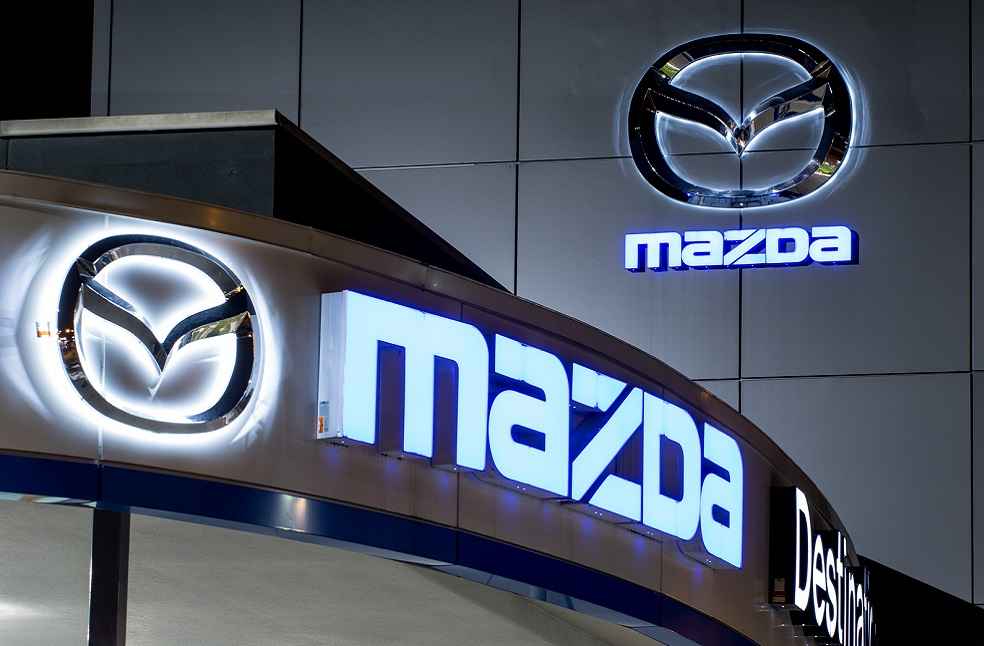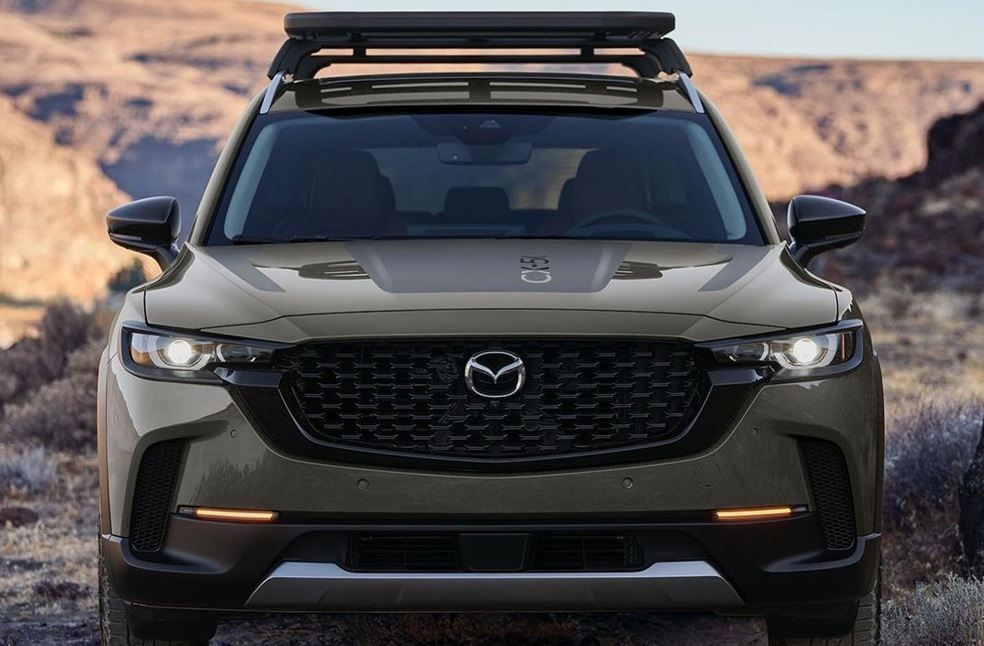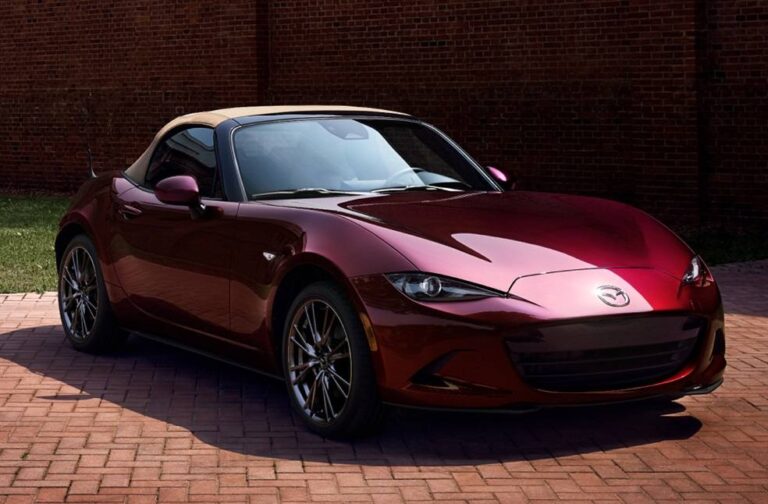Mazda will manufacture its first dedicated electric vehicle at Japan’s Hofu H2 plant in 2027. Despite concerns over declining EV adoption due to U.S. tariffs, Mazda remains committed to expanding its vehicle lineup. The Japanese automaker is moving ahead with plans for a new EV, marking its first addition since discontinuing the MX-30 EV.
The automaker has confirmed Hofu as the production site for the new EV, highlighting its ability to adjust output efficiently while minimizing costs and lead time. Its key advantage is a highly flexible manufacturing process that integrates EVs alongside conventional and hybrid models.
Earlier this year, Mazda declared plans to establish a module pack plant in Japan to support the production of cylindrical lithium-ion battery cells. The automaker will utilize Panasonic Energy’s battery cells to assemble modules and battery packs for its first dedicated EV, which will also be manufactured domestically.

Mazda’s head of production engineering, Taketo Hironaka, remarked that the company’s advanced technology could help it navigate the new U.S. auto tariffs. Describing the 25% tariff as ‘outrageous,’ Hironaka stated that Mazda will concentrate on controlling the aspects within its reach.
The company asserted that integrating gas, diesel, hybrid, and plug-in hybrid vehicles into a single production line can cut investment costs by 85% and shorten lead time by 80%. By 2030, the automaker aims to have all its vehicles electrified, with fully electric models making up 25% to 40% of global sales. At present, according to Hironaka, the share is closer to 25%.

Mazda’s Hofu site has two plants: Hofu H1 and Hofu H2. Hofu H1 manufactures the Mazda 2 and Mazda 3 small cars along with the CX-30 compact crossover. Hofu H2 produces the company’s latest lineup of large-size crossovers, including the CX-60, CX-70, CX-80, and CX-90. In 2021, Mazda upgraded Hofu H2 to accommodate the production of these larger vehicles and prepare for the upcoming range of electric vehicles.
DON’T MISS | Nearly 20,000 Employees will Voluntarily Exit Volkswagen by 2030





